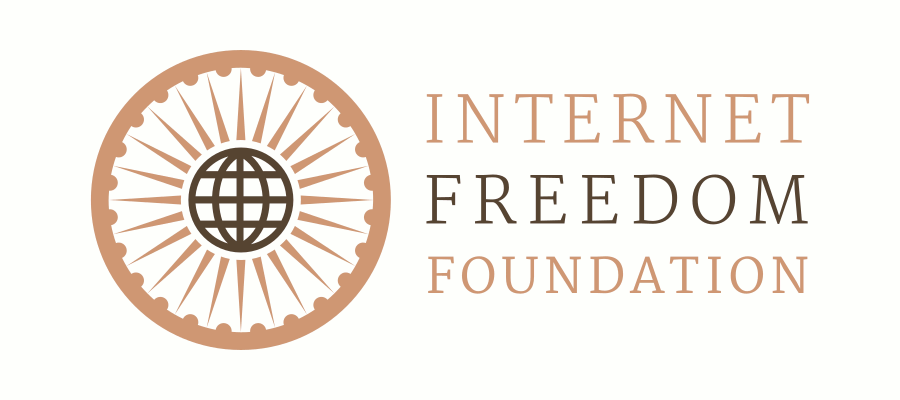Press reports have revealed that the Union Government’s Department of Telecom has issued rules on governing network disruptions or internet shutdowns in India. Titled the “Temporary Suspension of Telecom Services (Public Emergency or Public Safety) Rules, 2017” and issued by the Centre under Section 7 of the Indian Telegraph Act, they were quietly published in the Gazette of India earlier this month on August 7. Quite simply, they provide a legal mechanism under which the internet can be turned off. This is a change from the earlier situation when there was no clear legal power for the regular internet shutdowns taking place across states in India.
While this may seem like a positive development, we still think it falls short of meaningful reform this country deserves. We have concerns both on how these rules were made, and also what they say and how they may be enforced; we provide our initial views in this post:
How were these rules made ? We do not know. There was no public consultation or even a panel of independent experts who got a chance to look at them.
We are immediately concerned with the process through which these rules were made as there was no public consultation, no opportunity for academics, engineers, experts and research organisations to comment on any draft. Though required under the terms of the Telegraph Act and Indian parliamentary procedure, these telecom service suspension rules have not yet been tabled before the houses of Parliament. A closed process for drafting without involving a multi stakeholder process, or inviting stakeholder comment often results in solutions that are ineffective or which fail to survive judicial scrutiny. Greater diversity brings the benefit of wider input and deliberation resulting in positive, public interest friendly policy fixes. One example of this is the TRAI model and the net neutrality consultations in which many made their voice heard.
We request the government to put these rules and its policy position on the issue of internet shutdowns and telecom service suspension through a consultation process and openly engage with citizens.
What do these rules say ? Why should we be concerned. Even though the rules provide - some - clarity, they still remain vague and problematic.
The rules create an administrative structure at the level of central and state governments to issue legal orders for shutting down the internet, and review committees to oversee this at both levels. But there is a lot the rules do not say and there is an absence of safeguards that we think are necessary. For instance the rules do not contain any limitation on the grounds under which the shutdown order can be issued or the period for which it will be in force. This will allow government officials to shut down access to the internet on flimsy pretexts such as preventing people from cheating in exams through mobile resources. This is has happened before and gives us concern that this power may be used indiscriminately.
We are also concerned that these rules lack transparency and pro-active disclosure of government measures on shutting down telecom services, including the internet. Though we believe that there should be proactive publication of all orders issued under these rules, there is no specific provision within them that mandates concerned government officials to explicitly do so.
We have many other concerns on substance with the rules and will continue to study them. It is our belief that they do not follow the international norms of necessity and proportionality, and the ever increasing view that blanket internet shutdowns and blocking of entire websites is not compatible with fundamental rights.
How will they be enforced?
It is important to note that these rules did not come out today or yesterday. They seem to have been quietly published on August 7, 2017 without any Ministerial statement. During this period wide ranging internet shutdowns have been enforced in various parts of the country. These include a rolling data blackout in Darjeeling which has not had internet access for more than 70 days, in the State of Haryana which also includes parts of North India’s IT Hub Gurgaon, and every other day in Kashmir and Manipur.
Clearly things have not become better since these rules were made. Though we do acknowledge the Government trying to address this policy gap through law, we disagree with the solution. We fear these rules are insufficient and poorly designed.
IFF supporters may recall our Keep Us Online petition which gathered around eighteen thousand signatures and had more than 100 organisations sign on. Our principal ask in our petition to the Office of the Hon’ble Prime Minister to start a consultation process on the issue of internet shutdowns. We call on his office to take steps to fulfil it.

